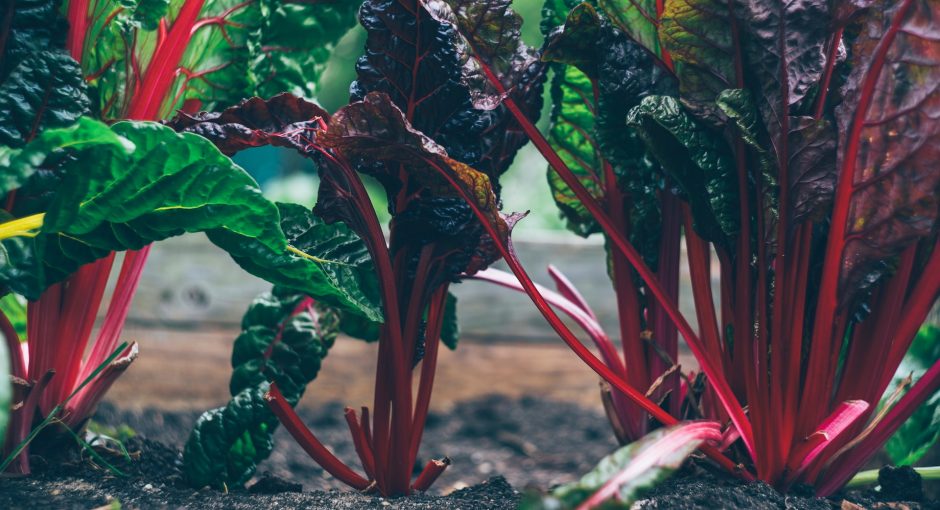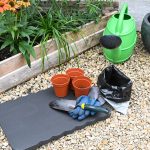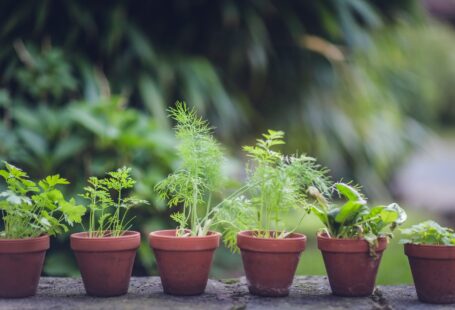Starting an organic garden is a rewarding and environmentally friendly way to grow your own fruits, vegetables, and herbs. By following a few essential steps, you can create a thriving garden that is free from harmful pesticides and artificial fertilizers. Let’s explore the key steps to get you started on your organic gardening journey.
Choosing the Right Location
The first step in starting an organic garden is selecting the right location. Look for an area with access to full sunlight, as most edible plants thrive in at least six to eight hours of direct sunlight per day. Ensure that the soil is well-drained to prevent waterlogging. Additionally, consider proximity to a water source for easy irrigation.
Preparing the Soil
Organic gardening relies on healthy soil as the foundation for successful plant growth. Begin by removing any weeds, rocks, or debris from the garden plot. Next, work on improving the soil’s texture and fertility by adding organic matter such as compost, well-rotted manure, or shredded leaves. This enriches the soil with nutrients and enhances its ability to retain moisture.
Selecting Organic Seeds and Seedlings
When starting an organic garden, it’s important to choose organic seeds and seedlings. Look for certified organic options that have been grown without the use of synthetic chemicals. This ensures that your plants are free from any residues and are in line with organic gardening principles.
Planting and Caring for Your Organic Garden
Once the soil is prepared, it’s time for planting. Follow the planting guidelines specific to each plant, including spacing, depth, and watering requirements. To deter pests naturally, consider incorporating companion planting techniques and interplant beneficial flowers and herbs. Regularly inspect your plants for any signs of pests or diseases and take appropriate organic pest control measures if needed.
Maintaining Organic Practices
To keep your garden organic, it’s vital to maintain organic practices throughout the growing season. Use organic fertilizers such as compost, seaweed extract, or organic liquid fertilizers to provide your plants with the necessary nutrients. Implement proper watering techniques, focusing on deep watering rather than frequent shallow watering, to encourage deep root growth. Mulching the soil with organic materials helps conserve moisture and suppresses weeds.
Conclusion
Starting an organic garden requires careful planning and attention to detail. By selecting the right location, preparing the soil, choosing organic seeds and seedlings, planting and caring for your garden, and maintaining organic practices, you can create a thriving organic garden that provides you with fresh and nutritious produce. Embracing organic gardening is not only beneficial for your health and the environment but also promotes biodiversity and the well-being of pollinators. So, get your hands in the soil, and let the journey to a bountiful organic garden begin.




